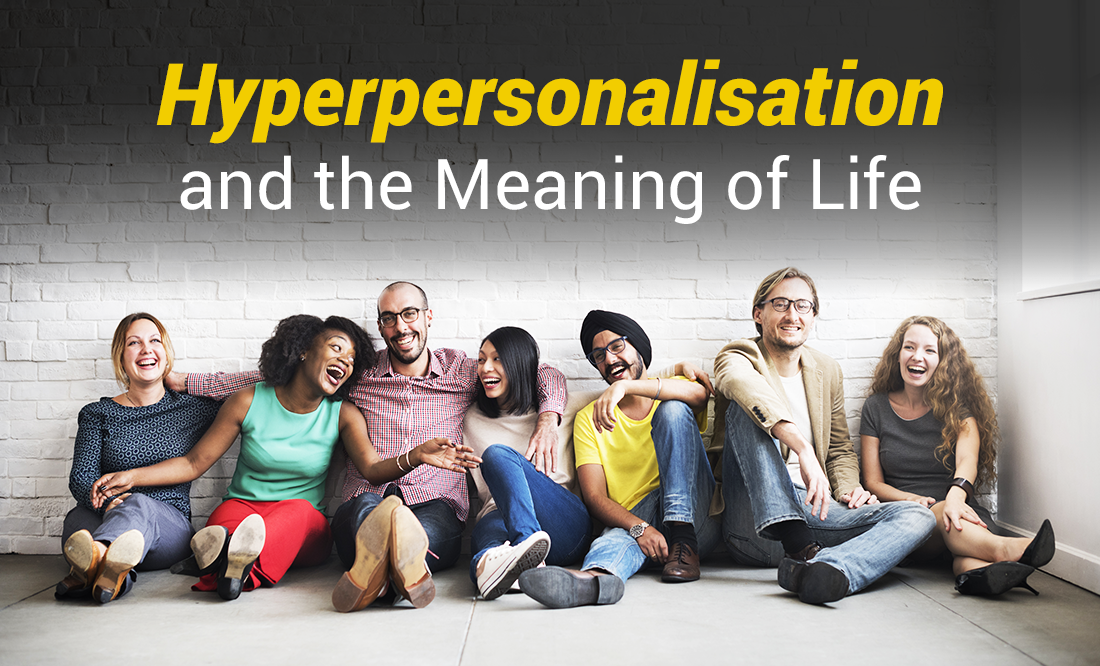There is a lot of conversation right now about hyper personalisation. Most of that conversation is centered around an assumption that it is the right thing to do because specific is better than broad. There is, however, another angle to this conversation.
There is a deep, profound change going on centered on how we identify ourselves to each other. Thirty years ago, there were 3 genders, male, female and other. Today, there are 93 recognised genders. In truth, there are probably no more sexual orientations today than there were 30 years ago. The difference is that we recognise them now. What that means is that people are free to express themselves in 93 different ways socially and publically. Moreover, among the GenZ, there is a much greater tendency to self categorise in many ways based on preferences, lifestyles or life circumstances.
In the 70’s and 80’s gay men could not be open about it, so their social persona conformed to the same template as heterosexual males. That meant from a marketing perspective, you could market to gay men and treat them like a heterosexual male and they would respond in the same way. Today, however, in most countries it’s okay to be openly gay, so people in the gay community are free to openly express themselves in a social environment. This means they are also free to express different purchasing preferences. Companies have different strategies for marketing to gay consumers, they recognise that they have different preferences, different purchase triggers and different spending patterns. Fast forward to 10 years and 93 self identifying genders will have different expectations of marketers.
For those of you who think that AI is going to steal your job, it’s not. We are going to need AI to be able to generate the content and marketing to support hyper personalisation. There is simply no other way to do it. As a marketer, your job is not under threat from AI, but you are at risk of being replaced by a Marketer who understands AI.

by Regan Yan, the CEO of Digital Alchemy.
Regan is a subject-matter expert in analytical database marketing and customer relationship marketing, as well as an in-demand presenter and keynote speaker at national and international events. He also authors thought leadership pieces on data-driven marketing that can be found on the DA Blog.
